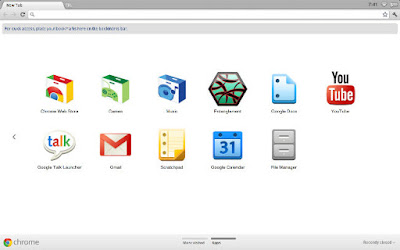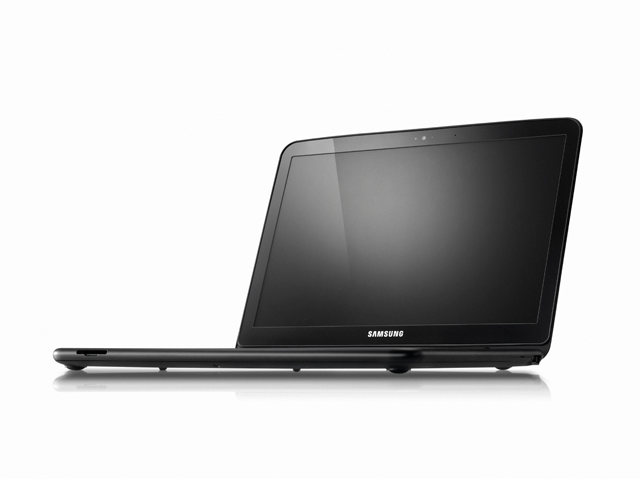Google recently announced their new news-aggregation application, called
Google Currents. Currents allows users to browse many content providers (magazines, blogs, etc.), and add them to their Currents, where they would have easy access to their articles, as well as a beautiful way to browse what might interest you. Currents is available as a free app for iPhone and iPad, as well as both Android phones and tablets.

To add a publication, called by currents an "edition", you simply search for the content you want, or find it using the "featured" section, or from any of the categories, and add it to your currents. However, as this is a fairly new service, don't expect to find every publication that you read. Once you have added all of your desired editions, you can tap on any of them to view the content in a beautiful, minimalist design.
Publishers can add content via a simple
webpage, and can choose to add more than just simple articles. Publishers can add an updating section based on an RSS feed, a photo section that pulls in from Flickr, a video section hooked up with YouTube, and even a social update section, with updates pulled in from Google+ or any other RSS or Atom feed.
Google Currents already has many great
publishers using the service, including PBS, The Guardian, and Zagat, as well as many well-known online blogs. There is no cost to subscribing to any of the editions associated with Currents. Users can also import any RSS feed, as well as easily import their Google Reader subscriptions, to quickly fill the application with relevant content.
The one thing that makes Currents stand out the most from any other news service is the design. Google Currents' design is simple and elegant, making things easy to see, and making using the app an overall enjoyable experience. The one slightly disconcerting thing about the design and user interface is that, once in an edition, you can basically scroll sideways endlessly, as each article in an edition is laid out one after another, with the only thing distinguishing one article from another being the article's title. Although this works if you think of the content as a magazine, it can be confusing if you think as each article being a separate post.
Google Currents is currently not available outside the United States. It would make sense for Google to have plans to roll the service out elsewhere, but no such plans are released at this point, so those outside the United States will just have to wait and see.
Google Currents is free, so what is there to lose by trying it out? Download Google Currents for your
iPhone,
iPad,
Android phone, or
Android tablet, and, while you're at it, add Gadgetator to your list of followed editions by searching for us.
Watch the video below for more information about Google Currents.



